Bill C-2 introduces sweeping changes to immigration law under the guise of border security.
These measures undermine established processes and expand discretionary powers. While it is true that IRPA is 25 years old and the world has changed in many ways during that period, legislative adjustments need to be made in a way that strikes an appropriate balance between protection of the rule of law, enhancement of public safety and efficient use of government resources, all the while maintaining our international commitments to protect the most vulnerable.
Passage of this legislation means that Canada will be compromising the very same principles that we are seeing being rapidly eradicated in the United States.
The key issues for CILA can be summarized as follows:
Overreach of Public Safety Canada:
Key concerns:
- Bill C-2 shifts core immigration functions into a national security framework, bypassing the established legislative structure.
Public Safety Canada’s statutory role pertains to national security, crime prevention, and emergency preparedness. It is not tasked with immigration program delivery or refugee protection determination. Immigrants and refugees are not inherently security threats. Programmes and policies affecting them should reflect that fact. Parliament must ensure that immigration law remains principled, fair, and accountable.
Excessively broad Governor in Council Powers (Sections 87.301 & 87.302)
Key concerns:
- Extraordinary authority to suspend, terminate, or refuse entire categories of applications (permanent, temporary, travel-related) without review;
- “Public interest” standard is vague and undefined;
- Retroactive termination of valid applications;
- Powers to cancel, suspend, or vary visas, permits, and PR cards for broad classes of people—without notice or opportunity to respond.
This structure undermines basic procedural fairness. CILA is particularly concerned about the permissibility of retroactive termination of applications submitted in accordance with valid statutory and regulatory criteria. The lack of fixed criteria, prescribed time limits, and independent accountability mechanisms renders these powers highly susceptible to arbitrary or politically motivated use. This approach to be inconsistent with foundational principles of administrative law.
Expanded Officer Enforcement Powers (Section 32.1)
Key concerns:
- Foreign nationals must appear for examination, answer questions, and provide documents on demand.
These front-line enforcement powers have been significantly broadened. Yet there are no statutory standards, clear limits, or procedural protections.
Unrestrained Information Sharing (Part 6)
Key concerns:
- Personal information (identity, status, document validity) can be shared across federal and provincial bodies without individual consent;
- Provision for written agreements does little to protect privacy.
This broad, systemic data-sharing power lacks oversight and clear safeguards. These provisions must be carefully scrutinized for compliance with the Privacy Act and the Charter.
Even where new legal powers are introduced with good intentions, any provision that lacks effective safeguards or invites unreviewable discretion will eventually be misused. The risk is not hypothetical. Comparable developments in other jurisdictions, including the United States, have led to well-documented overreach.
Adverse Impact on Refugees and Asylum-Seekers
Bill C-2 needlessly denies certain asylum-seekers a refugee hearing in the name of “border security” while failing to address the actual threat to the refugee system posed by the catastrophic IRB backlog.
Key concerns:
One-Year Bar on Refugee Claims
- Refugees who do not claim within one year of first entry are denied a full IRB hearing;
- Disproportionately harms those who experience sudden crises in their home countries;
- Applies even to people who only visited Canada briefly years ago or as children;
- Forces claimants into the Pre-Removal Risk Assessment (PRRA) process which has:
- No guaranteed oral hearing;
- No automatic stay of removal after a negative decision;
- Increased risk of wrongful rejection due to fewer procedural safeguards;
- Decisions by individual officers rather than IRB Members.
Claimants entering from the US
- Barred from full hearings and relegated to the inferior PRRA process (above);
- Yet, the US no longer meets safe third country standards:
- Widespread detention and poor conditions;
- Gender-based violence not recognized as a ground for asylum;
- Legally sanctioned removal to third countries without due process requirements.
Claimants from Moratorium Countries
- No pathway to seek asylum or even access PRRA, since they are not PRRA eligible due to non-removability;
- Left in indefinite legal limbo causing hardship due precarious status.
Under the Bill, all these categories of claimants are singled out for less favorable treatment, despite a complete lack of evidence that such claims lack merit. In order to comply with Canada’s international obligations, there should be no discrimination between and among refugee claimants in regard to their mode of entry or the timing of their claim. All should have the same access to a full oral hearing before an IRB member and full appeal rights with suspensive effect on removal. If the Bill is passed, Canada’s one-year asylum bar would be much stricter than that which is currently in place in the US. Claimants who enter at land borders may have valid reasons for not wishing to claim in the US, as outlined above.
Furthermore, Canada must review the designation of the US as a safe third country before implementing these measures. If the designation is suspended, orderly entry of claimants will save time and money now spent on patrolling the border.
Systemic Impacts
Key concerns:
- Shifts burdens from the IRB to IRCC and the already overwhelmed Federal Court (expected to face 24,000+ new cases for a second year);
- Does nothing to address the existing IRB backlog.
Bill-C2 will put more pressures on the refugee system than it would remove. Shifting more types of claims from the IRB onto IRCC to determine the PRRAs will place a new caseload before Federal Court. This caseload would include not just judicial review applications, but stay applications as well—since the Bill allows for removal prior to review by the Federal Court.
More crucially, the Bill does nothing to address the untenable IRB backlog of unheard refugee claims. CILA briefed the former Minister on this looming crisis in December 2024, and remains available for consultation.
CILA’s Call to Action
- Bill C-2 must undergo a full study by the Standing Committee on Citizenship and Immigration.
- Stakeholder consultations must be held before further action.
- The backlog of refugee claims at the IRB must be immediately addressed.
- Parliament must ensure immigration law remains principled, fair, and accountable, not subordinated to a national security agenda.



